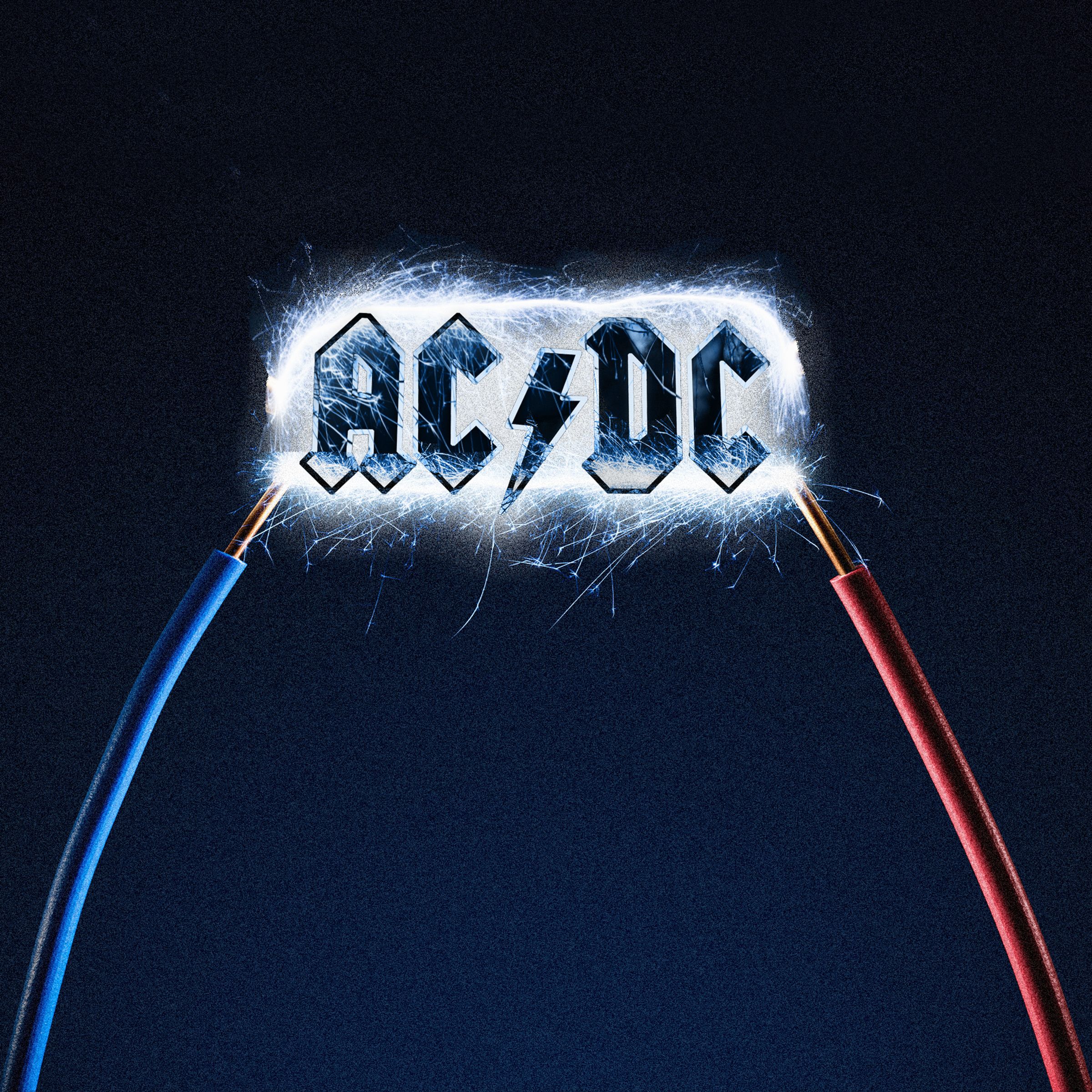AC or DC: Which Is Better?
When it comes to electricity, the debate between AC (alternating current) and DC (direct current) has been ongoing for decades. Both have their own sets of advantages and disadvantages.
AC is commonly used in homes and businesses because it can be easily converted between different voltage levels. It is also more efficient for transmitting electricity over long distances.
On the other hand, DC is often used in smaller devices and electronics because it is easier to convert to the voltage that the device needs. It is also known for its stability and reliability.
Some argue that DC is better for powering electric vehicles and solar panels because it allows for more precise control and less energy loss during conversion.
However, AC is better suited for powering large appliances and machinery because of its ease of transmission and distribution.
In the end, the choice between AC and DC depends on the specific application and requirements of the electrical system. Both have their own strengths and weaknesses, and it is ultimately up to the engineers and designers to determine which is better for a given situation.
So, whether you’re team AC or team DC, it’s clear that both have their own unique advantages that make them essential components of our modern electrical systems.



